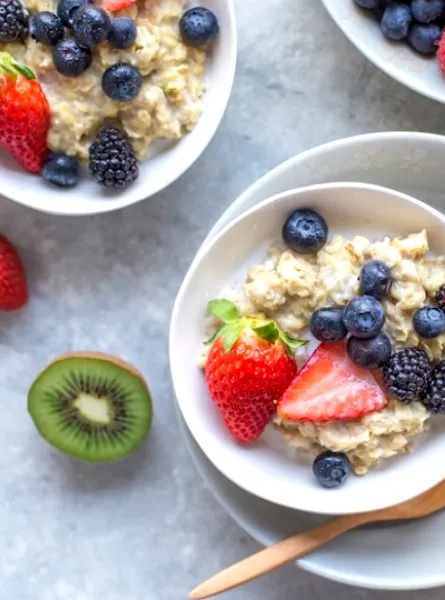
Whether it is after eating certain foods, during or after a pregnancy, or simply with age, reflux can be very frequent for some people. It is estimated that more than 15% of the North American population is affected! Commonly called gastric reflux or simply reflux, gastroesophageal reflux disease (GERD) can be very unpleasant, especially after meals.
How Can We Alleviate Them?
There are several techniques that can be tried to reduce reflux. Of course, their effectiveness varies from one person to another. This means that a method may work for one person, but may not work for the one next door. You have to try them and find out what works best for you! Here are some tips that can help reduce reflux and its intensity.
1. Avoid Irritating Foods
Although it is not necessary to completely eliminate them from our diet, certain foods are more irritating and astringent, therefore they may cause reflux more frequently. Alcohol, tomatoes, citrus fruits (lemon, lime, grapefruit), strong spices, soft drinks and caffeine consumption should be limited.
2. Adapt Your Sleep
Avoid eating before going to sleep and lying on your right side could help reduce reflux. Raising the head of the bed by doubling your pillow or investing in a good anti-reflux pillow is also a good option.
3. Avoid Putting Too Much Pressure on the Rib Cage
When possible, avoid wearing tight clothes and bras can help empty the stomach and reduce reflux.
4. Adjust Your Diet
Protein-rich foods are your friends in these situations! On the other hand, excess of dietary fats should be avoided. There is a small sphincter at the top of the stomach, the upper esophageal sphincter . When this sphincter is contracted (tight), it makes it difficult for food to come up. Proteins help keep this sphincter closed, while fats tend to relax it (and open it up!), hence the reflux.
5. Avoid Constipation
Saying no to constipation means saying yes to fibres! Constipation increases the pressure inside our intestines, which can ultimately contribute to reflux. To avoid constipation, eating high-fibre foods such as whole fresh fruits and vegetables, whole grains and legumes is a good option.
It can be tedious to find solutions for our situation when we have frequent acid reflux. However, that's what dietitians are here for! Contact us to find out more about our personalised assessments.





